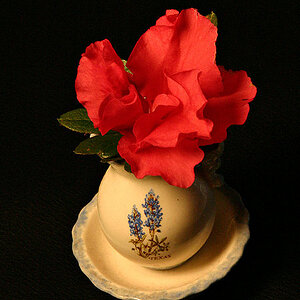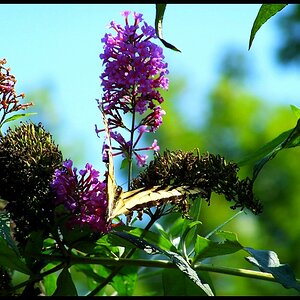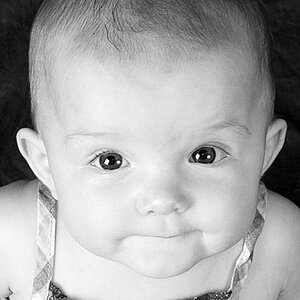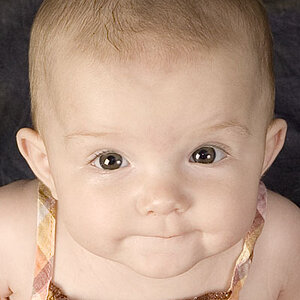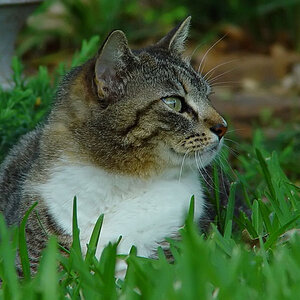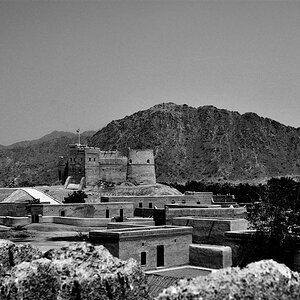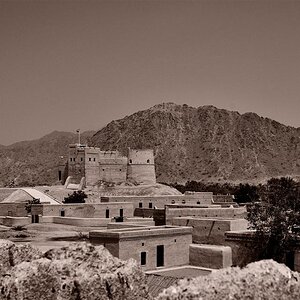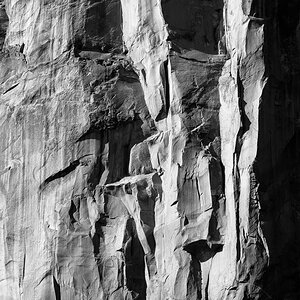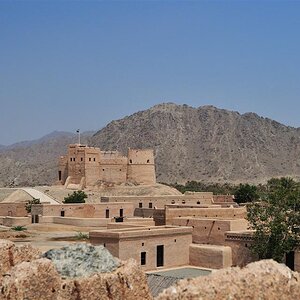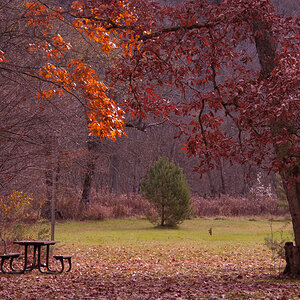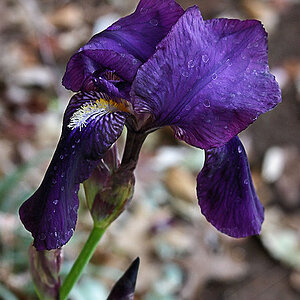Nam Le
TPF Noob!
- Joined
- Oct 8, 2015
- Messages
- 9
- Reaction score
- 3
- Can others edit my Photos
- Photos OK to edit
Thanks The_Traveler. The original is that red actually. Do you mean to make to tone like this?Lowering the red saturation and the exposure overall plus some noise removal, makes at least this one look better.
Last edited:



